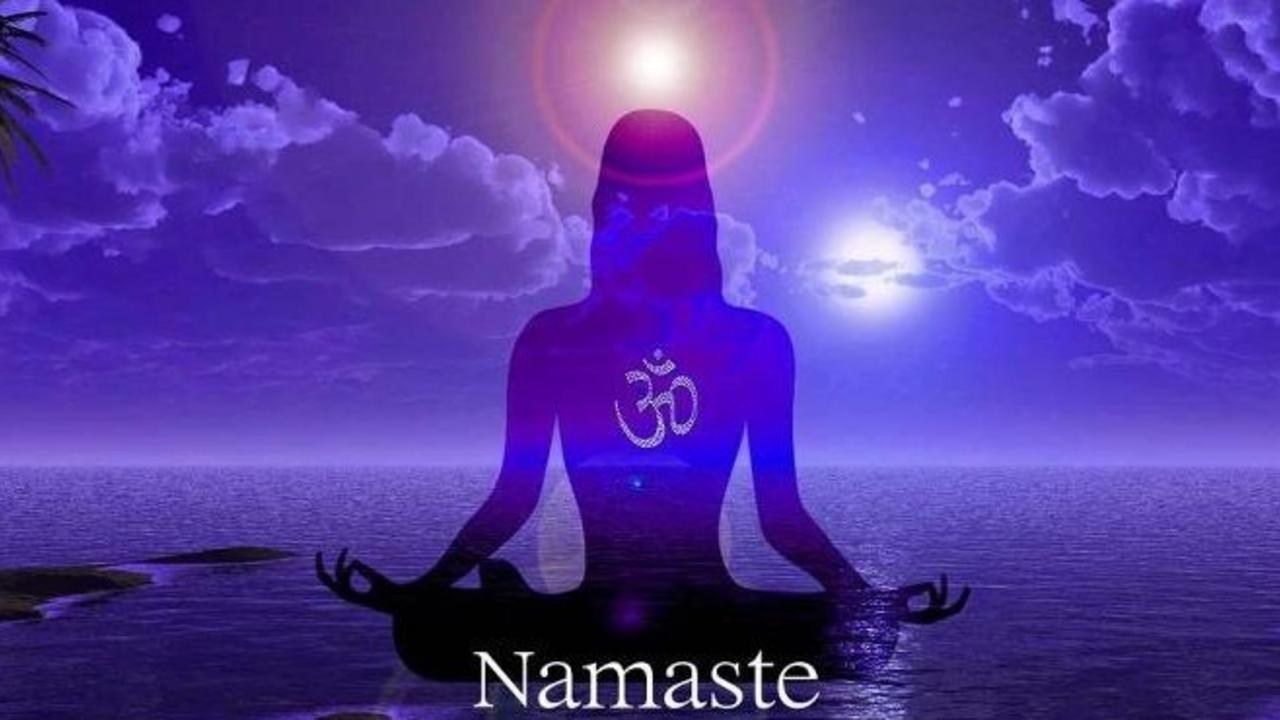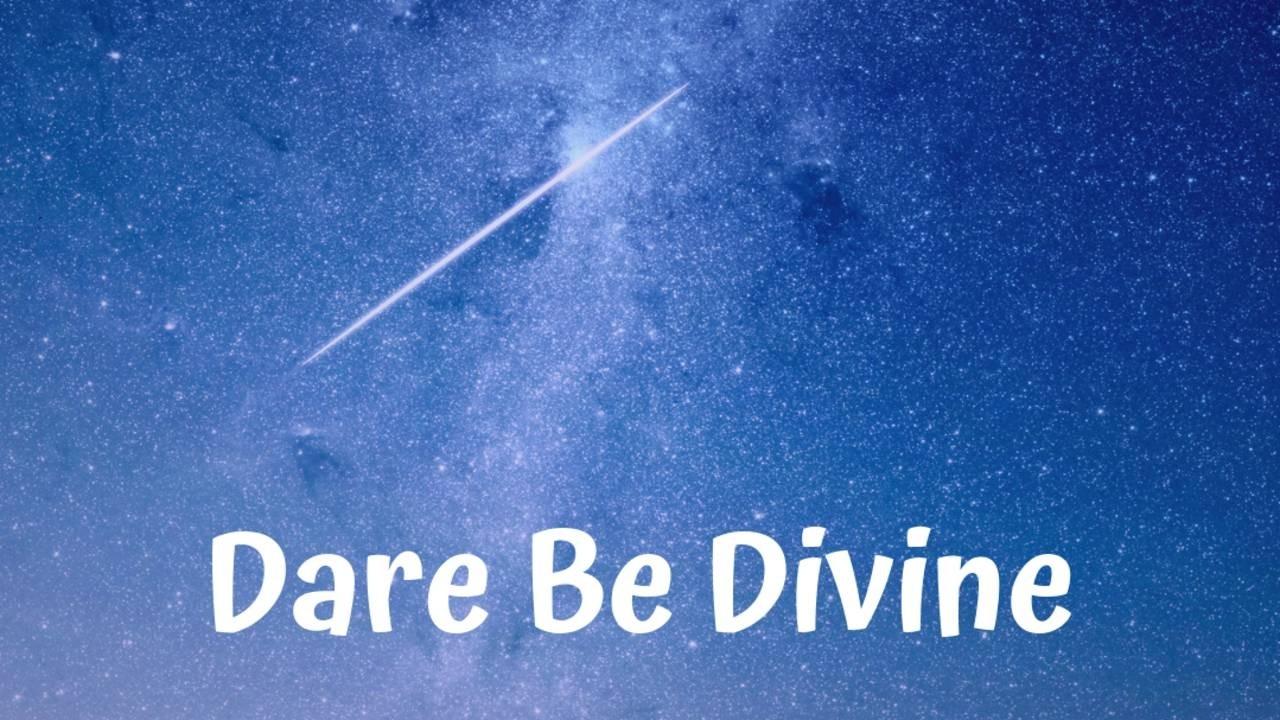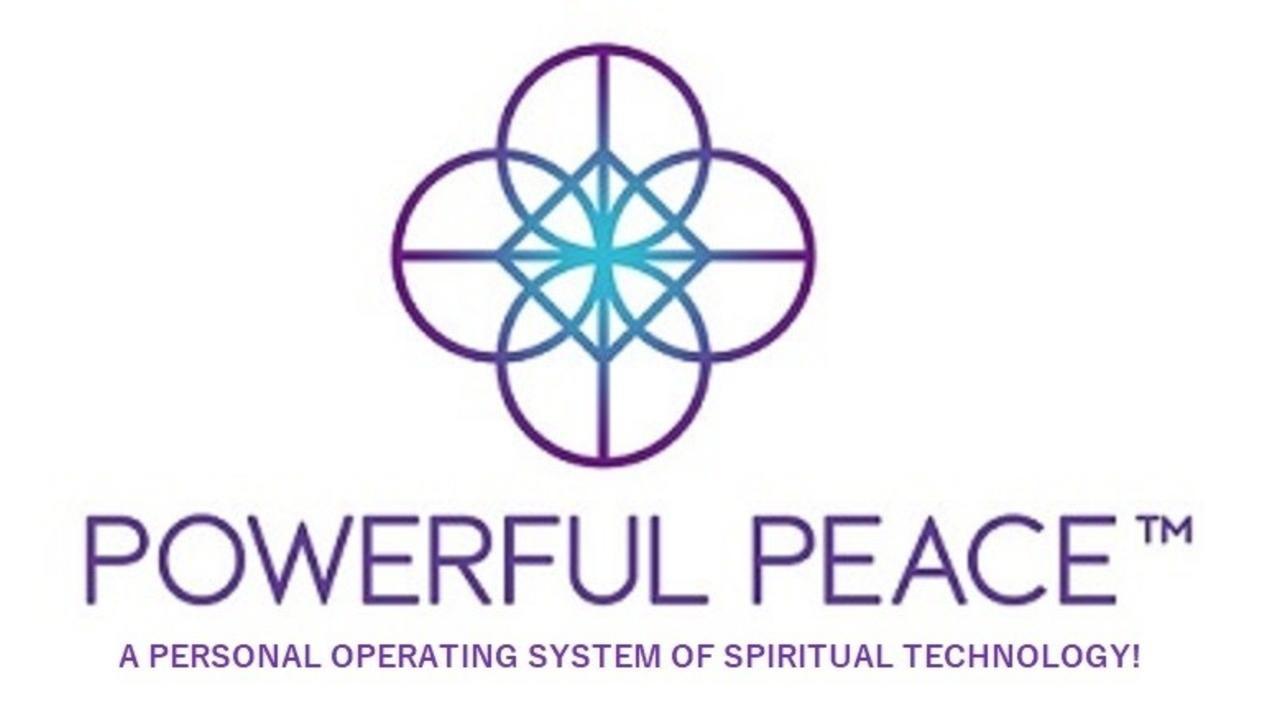Powerful Peace Blog
WHO GETS TO MAKE ME FEEL? PART III

In our last post, we were talking about whether we should just accept the societal and cultural LISTs regarding what is good or bad for us. The challenge of accepting LISTs created by others is that we have disempowered ourselves and our ability to choose how to feel.
This series of posts is an attempt to bring our awareness to the fact that we each have LISTs, to understand where they came from, to figure out what is even on our LISTs, and to determine how we can change them.
We’ve established the idea that we all have LISTs containing what we’ve determined is good or bad for us and others. We have shown that some things we think are bad, others may think are good. We’ve talked about some things that generally everyone thinks are bad and discussed the possibility that over time, profound good may emerge from those same ‘bad’ things.
Before exploring further about LISTs, I’d like to discuss a very critical point regarding our language and how we use it to deny any responsibility...
Whose LIST is it anyway? - PART II

In Part I of this series of posts, we ended with the following:
Many times, there are things on our LISTs of what we consider to be good or bad that are only there because they are generally accepted culturally and socially. But does it make sense to allow those around us to be able to decide what gets to be on our LIST?
Stop and think about who gets to add to or take from your personal LISTs!
We were talking about the LISTs we have created in our lives. We each have a LIST of the things that make us feel good. We each have a LIST of the things that make us feel bad.
Two things here.
- Does it make sense to just keep accepting the culturally governed ways we are supposed to feel when certain things happen?
- Does it make sense to believe that because a certain event happens, it has the power to ‘make’ us feel something, especially something we may not enjoy feeling?
There is a Chinese Proverb that goes something like this…
A farmer and his son had a beloved stallion who he...
Feeling Good? Whose LIST is it Anyway? PART I

Each and every human wants to feel better. We each have a LIST in our minds of what can ‘make’ us feel good. We also have a LIST of things that can ‘make’ us feel bad. Many times these two LISTs exist only in the subconscious mind. These LISTs of things that ‘make’ us feel good or bad were created in combination with patterns received from our parents, our culture, our society, and our own personal tastes. So the question is, who actually controls the LISTs?
A feeling is a specific frequency of emotion. The feelings we feel each have a frequency. Feelings that feel good have a frequency and feelings that feel bad have a frequency. If the feeling has a frequency that is on our ‘good’ LIST we feel good. If the feeling has a frequency that is on our ‘bad’ LIST we feel bad.
So how do the frequencies of feelings get on our LISTS? Well, to find this answer, we have to stop and think about what is going on inside us. And this is something most of us don’t spend a lot of time doin...
Stop Thinking You're Divine! Feel Divine!

In 1994, I spent 3 weeks in a blissful state I call Powerful Peace. It came after four months of basically screaming to the Universe that I needed to know if my life had meaning.
Victor Frankl, author of Man’s Search for Meaning, teaches there are 3 ways humans find meaning in life:
1st — Creating a work or doing a deed.
2nd — Experiencing relationship with a person or thing.
3rd — The attitude we choose when experiencing inescapable suffering.
My arrival at meaning took the third, and in my opinion least desirable route.
I was 33 years old and had just learned that both of my surviving sons, Jacob and Zakary, were cognitively disabled. I say, surviving sons, because when I was 24, I held my 17-day old son, Joseph, as he died of a heart defect.
I officially reached a point in my life that I was done and didn’t want anything to do with my beating heart, my thinking brain or my shitty life.
But after my amazing experience of Powerful Peace, I absolutely knew one thing –
ALL of L...
